African Students in Moscow Grapple with Isolation, Mental Health Struggles
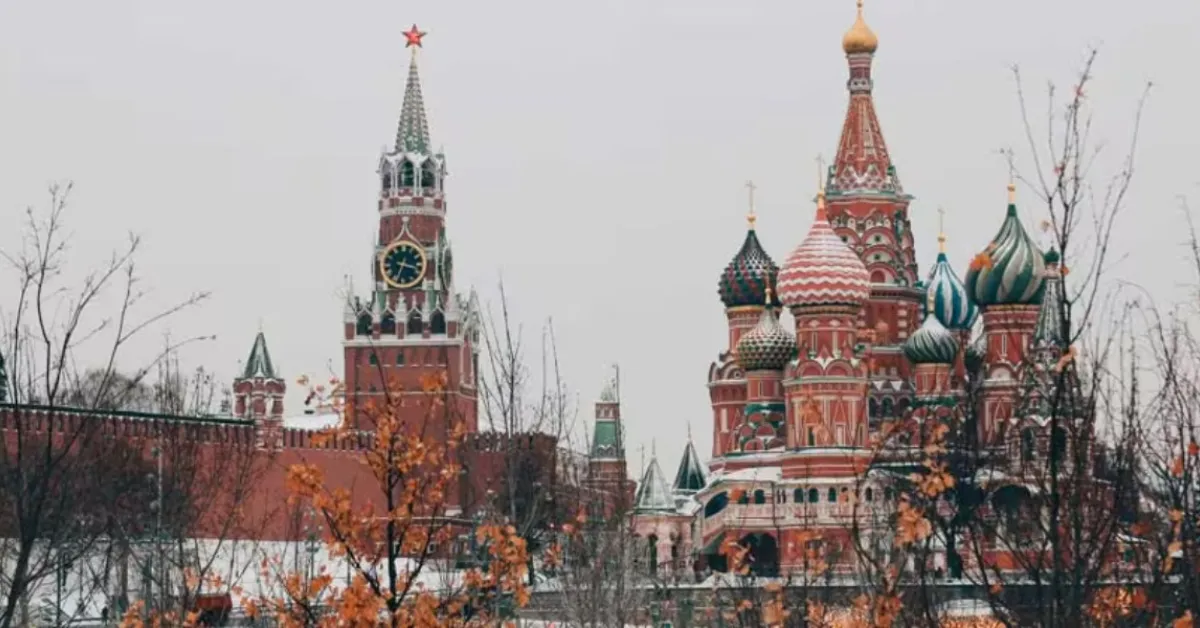
The pursuit of international education remains a powerful draw for ambitious young Africans seeking personal and professional advancement.
However, a stark disconnect often exists between the idealized images portrayed on social media and the harsh realities of navigating life abroad, particularly the psychological toll of displacement and cultural isolation. The experiences of two East African students in Moscow underscore these challenges, revealing a complex and often overlooked dimension of the international student experience. Barasa Oliver, a 30-year-old Kenyan public health professional, arrived in Moscow in October 2023 on a Russian government scholarship to pursue a Master's degree in Clinical Epidemiology.
Having previously worked at Gertrude's Children's Hospital and the German Medical Center in Nairobi, Oliver saw the opportunity as a pathway to joining peers who had found success in Hungary. However, the initial excitement quickly gave way to a harsh lesson in the importance of thorough preparation.
"I didn't research the country thoroughly enough before coming," Oliver admits. He found himself facing not only the physical challenge of Moscow's brutal winter, with temperatures plummeting to -32°C, but also a formidable cultural and linguistic barrier. "Even buying a SIM card became impossible," he recalls, highlighting the daily frustrations compounded by the lack of casual greetings and the pervasive silence of strangers, a stark contrast to the warmth of his upbringing in Bungoma County.
This cultural shock triggered a significant decline in Oliver's mental well-being. Within the first three months, he experienced recurring mental breakdowns and crippling anxiety. "There were moments when I seriously considered going back home," he confesses. His psychological distress was further exacerbated by an accident in which he broke his hand after slipping on icy pavement.
Navigating the Russian healthcare system without a shared language proved to be a harrowing experience. A subsequent hospitalization for gastritis intensified his feelings of isolation. "Back in Kenya, my family would have been by my side," he reflects, lamenting the absence of support during a vulnerable time.
Recognizing the urgent need for connection, Oliver proactively sought to build a new community. He connected with other Kenyan students and found solace in an English-speaking African church group. "That community made me feel visible again," he says, emphasizing the vital role of social support in mitigating feelings of isolation. Regular Zoom conversations with friends back home became invaluable emotional lifelines, providing informal therapy and grounding him amidst the challenges.
"I've learned the importance of stepping out of my comfort zone and asking for help," he observes.
Oliver's advice to prospective students is born from hard-won experience: "Lower expectations. Research deeply. Prepare yourself mentally, emotionally, and financially. And parents, please don't pressure your children to look successful immediately. Just surviving in a foreign country is already a big success."
Elizabeth Tairo, a 28-year-old from Tanzania's Arusha region, shares a similar story of struggle and resilience. Armed with a background in Medical Laboratory Sciences from Mount Kenya University and an internship at Kilimanjaro Christian Medical Centre, Elizabeth embarked on her own scholarship-funded academic journey to Moscow, aiming to enhance her career prospects with a Master's degree in Epidemiology and Public Health.
Despite previous time spent abroad, Elizabeth found herself unprepared for the cultural climate in Russia. In contrast to Kenya, where she experienced some degree of cultural familiarity, Moscow presented a city seemingly uninterested in accommodation or empathy.
"They don't speak English here. You can't even ask someone for directions on the street without being ignored," she explains.
Upon arrival, she endured a week-long wait for university housing. Repeatedly turned away from the accommodation office, she broke down emotionally and called her mother in desperation, marking the beginning of a difficult emotional spiral. Isolated in a city where neither the language nor the social norms offered comfort, Elizabeth battled intensifying depression. Her typically introverted personality, once a source of strength, became a barrier to connection.
"My mental health was in a terrible state. I cried all the time," she shares, acknowledging her lack of awareness regarding available mental health resources.
Like Oliver, she had to find her own path toward emotional recovery, pushing herself to leave her dorm, go on walks, and slowly initiate new connections. Nearly a year after relocating, Elizabeth continues to grapple with the emotional toll of her experience.
"I haven't fully adapted yet, but I'm improving. I can at least speak simple Russian phrases now," she says. However, her longing for home persists. "This place is not like home. It never feels like home."
Her advice to prospective students is stark: "It's not perfect here. People back home think it's all rosy. But here, you're alone. It's hard."
The stories of Oliver and Elizabeth shed light on the complex emotional landscape that international students, particularly those from Africa, must navigate in unfamiliar and sometimes unwelcoming environments. Their experiences challenge the simplistic narrative that academic opportunity abroad equates to happiness or instant success. While scholarships undoubtedly open doors, the transition requires more than just academic preparation, it demands psychological fortitude, cultural adaptability, and a robust support system that acknowledges the invisible burdens of migration.

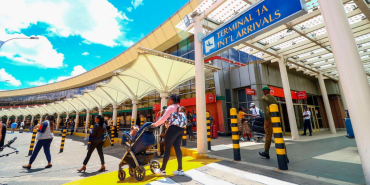
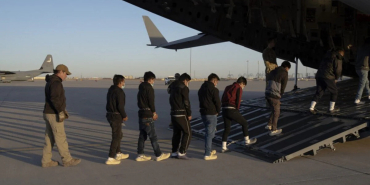
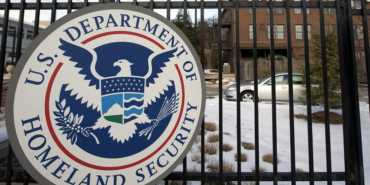

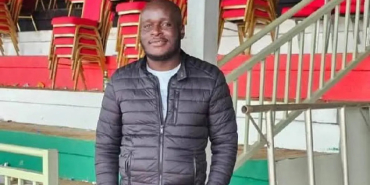
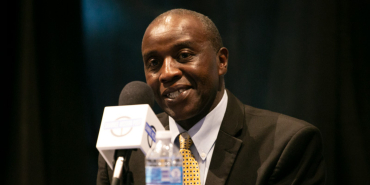
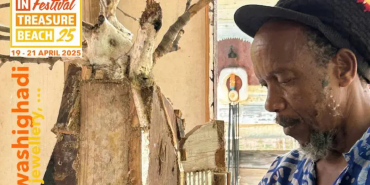

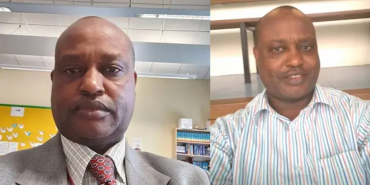

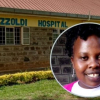
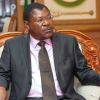

Add new comment